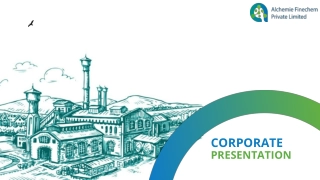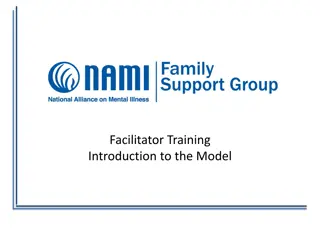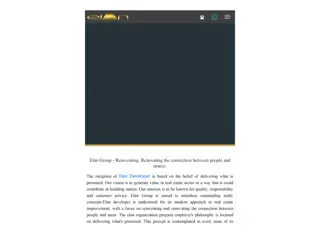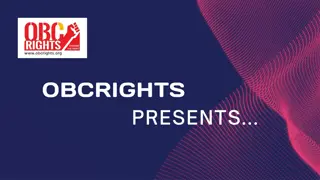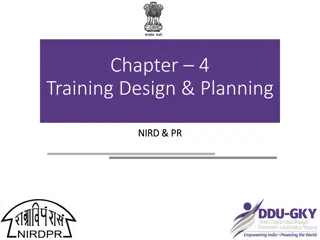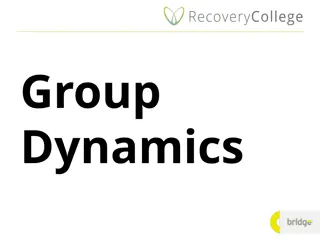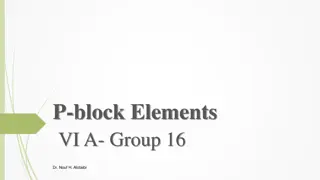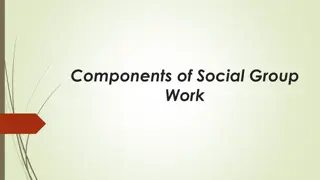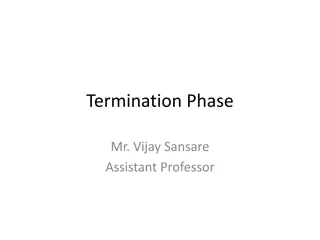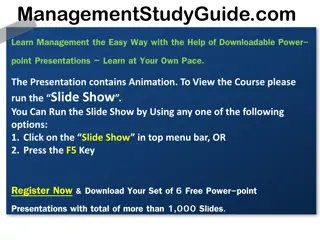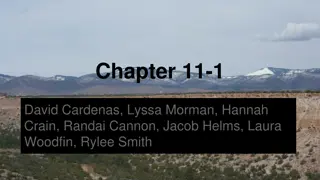
Local Governance Stakeholders and Sustainable Development Themes
Explore the engagement strategies for officials and PRI members in LSDG themes including PESA and NE areas. Identify challenges like lack of awareness on SDGs and funding issues, and propose strategies for sensitization, customization, and integrated planning at various levels of governance.
Download Presentation

Please find below an Image/Link to download the presentation.
The content on the website is provided AS IS for your information and personal use only. It may not be sold, licensed, or shared on other websites without obtaining consent from the author. If you encounter any issues during the download, it is possible that the publisher has removed the file from their server.
You are allowed to download the files provided on this website for personal or commercial use, subject to the condition that they are used lawfully. All files are the property of their respective owners.
The content on the website is provided AS IS for your information and personal use only. It may not be sold, licensed, or shared on other websites without obtaining consent from the author.
E N D
Presentation Transcript
Group-3 Taking LSDG Themes to Officials and PRIs: Including PESA and NE areas Shri Srikant Reddy, Dr. J.V Choudhary, Pramod Kalekar, Swapnil Mane, Mrs Suohienuo, Dr. Phoji, Satyendra Jha Moderator:- Dr. Mallinath Kalshetti, Director,Yashada
Stakeholders Mapping-Schedule V ERs Officials Sarpanches & members PS and ZP Presidents and members Gram sevak Ext. Officer-P, BDO CEO-ZP & Dy. CEO-VP Primary Line Deptt Heads working with GPs (Agri, Health, Edu, ICDS etc) Secondar y SHG federation presidents, NGOs/CBOs, Others
Stakeholders Mapping-(PESA) ERs Officials Gram sevak Ext. Officer-P, BDO CEO-ZP & Dy. CEO-VP State, Block and District Coordinators PESA mobilsers Sarpanches & members PESA committe Presidents PS and ZP members MLAs Primary Line Deptt Heads working with GPs (TDD, Agri, Health, Edu, ICDS etc) Secondar y SHG federation presidents, NGOs/CBOs, Others
Stakeholders Mapping-Schedule VI (NE states) ERs Officials Primary Villages Council Chairman, Village Development Board Secretary Line Deptt Heads working with GPs (TDD, Agri, Health, Edu, ICDS etc) Secondar y SHG federation presidents, NGOs/CBOs, Others
Problem Identification Lack of awareness on SDGs and Themes Initiatives not having funds doesn't attract people /Ers Making concepts customised to their way of functioning No integrated planning approach at all levels of local governance Lack of convergence with Central and State schemes Lack of accessibility of schemes to most vulnerable groups and GPs role not clear (E.g. Social security schemes) Mainstream administrative and governance is not aligned with tribal cultures, customs and practices GPs inability to address nclusion factor of vulnerable groups Lack of coordination between GP functionaries and line departments while planning and implementing Lack of awareness on schemes being implemented
Strategies Sensitization and orientation trainings in planned manner- Concepts, Themes Sensitizing them on having funds in schemes and how it may be leveraged/converged in planning Incentivization plan is developed and shared with GPs for greater dissemination (Awards, recognitions, etc) Developing/customizing strategies in aligned with their cultures, practices, traditional working styles etc Policy decisions and Plan of Action on integrated planning at local governance. Line departmens should map their schemes and involved in planning process at GP
Strategies Ensuring vulnerable group participation in village planning process for inclusion in individual schemes. GP to incorporate individual beneficiary schemes in planning Ensuring PESA and GP Acts works in consonance with GPDP and PESA planning to be an integrated planning exercise rather than separate one. Ensuring participation of all line Dept functionaries in Gram Sabha and sharing their respective departmental schemes to people. List down beneficiaries for inclusion and coordination with GP.
Capacity Building: Minimum prerequisites Training programs need to have following framework: Basic orientation about LSDG Information about 9 themes Mapping of theme wise Schemes Identification of Indicators Availability of Resources Illustration by best practices Use of multi-media for effective trainings Use of Media- Training PROs/APROs of DGPR Officials for greater dissemination to local news papers/journalists Beacon Panchayats/Panchayat Learning Centre
Capacity Building: Inclusionary Devising tailor-made training plans for EWRs, SC/ST groups, especially for PESA Training material to be made available in language they are comfortable with. Trainings to have participatory approach and focus may be on experiential learning/exposure visits Peer Learning may be promoted Mentoring plan for PESA representatives for timely support
Approach to Sensitization of Functionaries of PESA areas & Traditional Bodies of NE states Recognises the right of tribal communities, residents of the scheduled areas, to govern themselves through their own systems of self-government and also the Village Council systems of the Noth-Eastern States. Organizing of Special Gram Sabha Planning on Resources over jal, jangal, zameen (water, forest and land). Empowering gram sabhas to play a key role in approving development plans and controlling all social sectors. To enables gram sabhas to maintain a safety net over their rights Maintenance of cultural identity and tradition, control over schemes.


